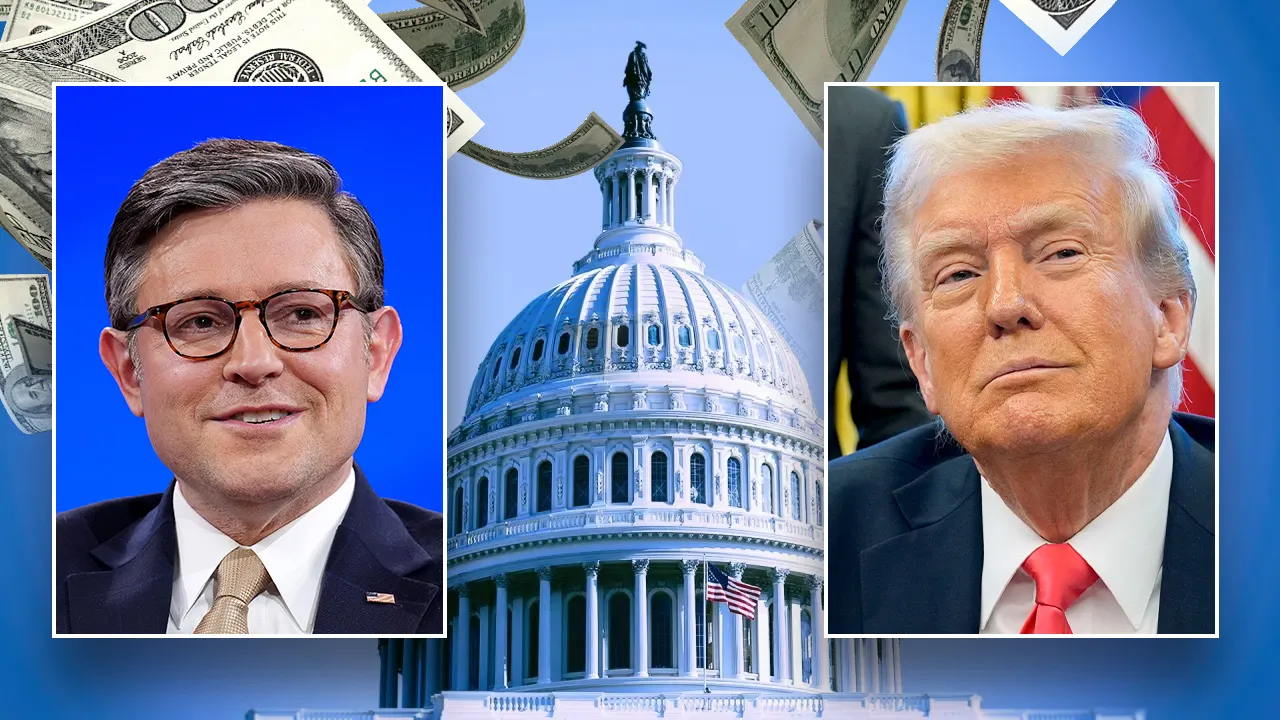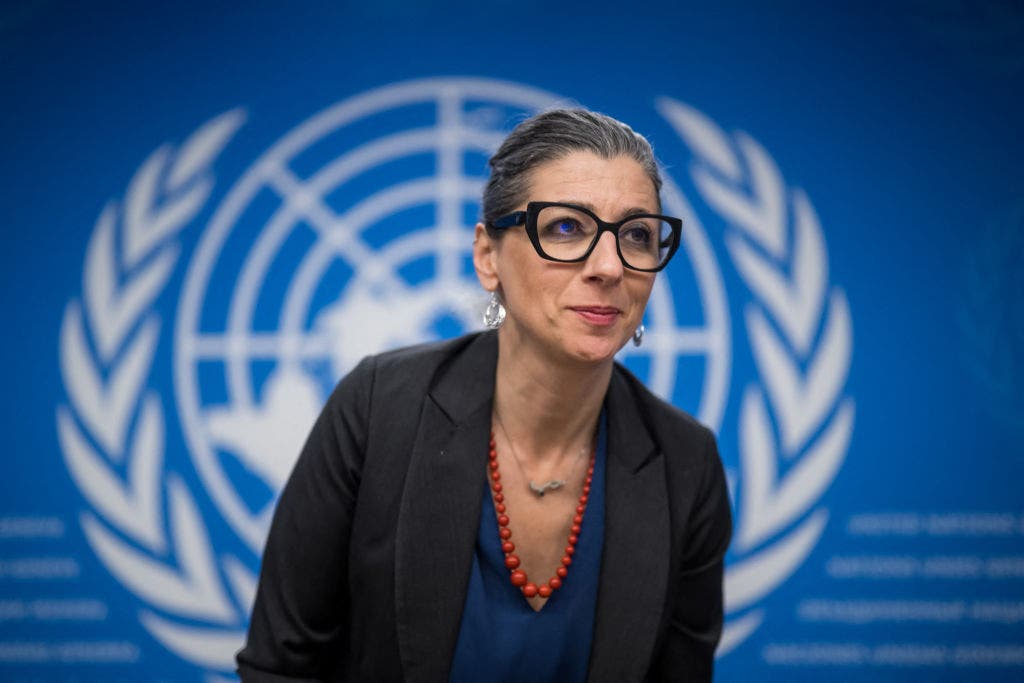Senator Mitch McConnell, the longtime Republican leader, has been outspoken over the past year about challenging the isolationist wing of his party that was questioning continued aid to Ukraine. He put his influence and reputation on the line to make the case that it was in the United States’ interest to help a beleaguered democracy trying to beat a Russian invasion led by Vladimir V. Putin, and expressed confidence that his party would join him.
But the Kentucky Republican’s optimism turned out to be misplaced. Mr. McConnell, who traveled to Kyiv last year in a show of continued U.S. support for the war effort, is now leading a filibuster against a bill to fund it, and is on the cusp of seeing the opportunity for more aid slip away entirely.
The increasingly bitter stalemate will be extremely difficult to resolve before funding runs out despite months of intense efforts by Mr. McConnell, the minority leader, to sustain it.
It is the latest indication of the waning influence of the minority leader, and how his party — once defined by an interventionist view that the United States should use its power to bolster democracies around the world — has shifted under his feet.
Mr. McConnell has regularly beat the drum to rally congressional backing for Ukraine with near-daily floor speeches and rounds of media interviews. In addition to his visit to Kyiv last May, he recently brought the Ukrainian ambassador to his hometown, Louisville.
Yet Republican politics have changed, leaving Mr. McConnell out of step with many of his colleagues and wearing away his powers of persuasion on an issue he has characterized as the paramount foreign policy question of the moment. Opposition to funding the war in Ukraine has become a political rallying point for the hard right, and Republicans in Congress are increasingly turning against it, in line with what polls show is a drop in public support.
“I think the support for Ukraine has declined,” conceded Mr. McConnell, who attributed some of that sentiment to former President Donald J. Trump’s opposition to continued aid. But, he added, he still considers it “the right thing to do.”
Yet Republicans now insist the money be conditioned on new border security measures that President Biden and Senate Democrats consider extreme. To drive home their position, Mr. McConnell and his fellow Senate Republicans on Wednesday blocked a $111 billion bill that included about $50 billion in security aid to Ukraine, with more for economic and humanitarian assistance and an additional $14 billion for Israel.
In an interview on Wednesday, Mr. McConnell said he hoped that the blockade would send a message that Republicans are serious about the border provisions and spur a breakthrough, though that path seemed unlikely.
“I have no less enthusiasm for the package,” he said. “I think it’s critically important. We’ll get there.” But he said he did not think it “unreasonable” to fight over immigration, noting that it was the White House that had included border security money in its request for the emergency funding.
The decision to tie support for Ukraine to southern border policy is a departure from the Republican leader’s original position that the United States must speed whatever it could to back Ukraine. It reflects the reality of rising isolationism among congressional Republicans, a sentiment at odds with Mr. McConnell’s more Reaganite views.
“I don’t think the conference shares his position,” said Senator Kevin Cramer, Republican of North Dakota, who said Mr. McConnell retained his leadership stature but had faced a tough sell on Ukraine from the start. “He’s taken on fragile issues, so it’s taking a little more of his capital — maybe more than he has.”
Mr. Cramer and other Republicans say the divide is less about Mr. McConnell’s ability to drive Republicans in the direction he wants and more about the changing nature of his party.
“I would say it’s more an evolution of the members of the conference,” said Senator John Cornyn, Republican of Texas and a longtime McConnell ally who wants Ukraine money conditioned on new immigration restrictions. “We’ve got a lot of relatively newer members who tend to be more libertarian. They are not what I would call traditional national security Republicans. Mitch is a traditional national security Republican.”
Mr. McConnell, 81, struggled with serious health issues following a hard fall in March and faced questions about his hold on his Republican troops and whether he should step aside. He brushed them off as his condition improved and committed to serving out the leadership term that ends next year as well as his Senate term that runs through 2026.
But there is widespread belief that he could step down as leader next year, and his strong push for Ukraine money was seen not only as backing his view on world affairs, but a final bit of legacy-building for his brand of foreign policy.
“Mitch’s views on Ukraine are forceful and well thought out, and he makes the case that it is in America’s interest,” said Senator Susan Collins, Republican of Maine. “Support has been waning, but there still is strong support.”
But that reduction has complicated Mr. McConnell’s advocacy for the money and he has quite visibly found himself at odds with fellow Republicans as Congress pushed through stopgap spending bills to keep the government open.
In late September, Mr. McConnell warned the White House against adding $6 billion in Ukraine aid to a stopgap bill, but he ended up supporting it when Democrats insisted — only to see the bulk of his colleagues abandon that plan and rally behind a measure without the money.
Then, following the Hamas assault on Israel, a group of Senate Republicans sought to force a vote on a House bill providing $14 billion in aid to Israel, employing guerrilla floor tactics in a losing effort without even informing Mr. McConnell. It was a bold push that stunned other Republicans who saw it as a challenge to Mr. McConnell’s Ukraine position.
Now Democrats contend that Mr. McConnell let the issue get away from him by allowing it to get entangled with the demand for new border security measures, a policy area that has proved intractable in Congress for decades and one unlikely to be decided in just a few weeks.
Senator Chuck Schumer, Democrat of New York and the majority leader, said a refusal to help Ukraine would represent “a failure of the Republicans and the Republican leadership.”
“It is a moral mistake to tie the fate of Ukraine to the resolution of a domestic political issue,” said Senator Christopher S. Murphy of Connecticut, one of the Democrats who tried unsuccessfully to negotiate a border compromise with Republicans.
But Mr. McConnell’s allies say that he is simply trying to find a way to assure that the Ukraine aid is approved given the position of his colleagues and that embracing the border ultimatum is the best way to do it.
“Ronald Reagan would turn over in his grave if we were passing up an opportunity to rebuild our industrial base and take out Russian military personnel without losing anybody,” Mr. McConnell said.
Ever the political strategist, he also advised Democrats and Mr. Biden to accept tough border provisions, given the potential political backlash they face next November should turmoil at the border persist.
“Honestly, if I were the president, looking at my numbers on this, I’d want to do something about it,” Mr. McConnell told reporters about the border. “It might actually improve his position.”





